Please contribute your submission via https://mc03.manuscriptcentral.com/lam. Please mark that it is a contribution to Special Issue on Low-dimensional materials for manufacturing actively controlled metasurfaces in optics and photonics in the cover letter upon submission.
Submission deadline: 30th April, 2026
Introduction to the Special Issue:
The combination of low-dimensional materials and metasurfaces has emerged a new direction in developing optics and photonics, unlocking unique opportunities for device tunability and active control. Materials such as MXenes, graphene, carbon nanotubes, and transition metal dichalcogenides exhibit exceptional optical and electronic properties, enabling their effective integration in metamaterial design, THz optics, and AI-driven device engineering. Recent advancements also highlight the potential of multi-level engineering of nanometarials— on atomic, supramolecular, and macroscopic scales—to tailor these materials for next-generation optoelectronic applications.
This Special Issue, titled "Low-Dimensional Materials for Manufacturing Actively Controlled Metasurfaces in Optics and Photonics," aims to overview all recent developments in the field of this interdisciplinary topic. We invite researchers to contribute this issue that explore innovative synthesis methods, AI-inspired design strategies, and the integration of nanomaterials with metasurfaces to achieveactive manipulation of optical functionalities. Topics of interest include, but are not limited to:
• Tunable metasurfaces of nanomaterials for IR and THz optics
• Actively controlled devices based on MXene, graphene, carbon nanotubes, dichalcogenides, and their composites.
• AI-inspired design of metamaterials and metasurfaces
• Metamaterial-based active optical devices
• Multi-level engineering of carbon nanomaterials
• AI-driven resonators
• Manufacturing of metasurfaces with bound states
We welcome theoretical, experimental, and applied studies that address these challenges and cover interdisciplinary topics in physics, materials science, and engineering to advance the future of adaptive photonic technologies.
This issue is co-edited by
Dr. Sc. Albert Nasibulin, Skoltech, Russia
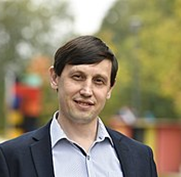
Albert Nasibulin received his doctorate in Physical Chemistry (1996) from Kemerovo State University and Doctor of Science (Habilitation) at Saint-Petersburg State Technical University (2011). Until December 2022, he was an Adjunct Professor at two departments in Aalto University, Finland. He has held the post of Research Fellow in the Academy of Finland from 2006-2011 and currently holds the position of Professor of the Russian Academy of Sciences (2018). He specializes in the aerosol synthesis of nanomaterials, their growth dynamics and applications. He currently has > 350 publications, 40 patents, with an h-index of 69.
Prof. Dr. Yan Zhang, Capital Normal University, China
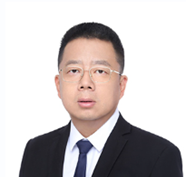
Prof. Dr. Yan Zhang received his doctorate degree in Physics (1999) from Institute of Physics, Chinese Academy of Science. He currently holds the position of Professor in Physics Department, Capital Normal University. He is the director of Beijing Key Lab for Metamaterials and Devices. He is a fellow of Optica. He specializes in terahertz imaging, metasurface, and optical information processing. He currently has > 370 publications, 20 patents, with an h-index of 58.
Prof. Nikolay Petrov, ITMO University, Russia, Harbin Institute of Technology, China
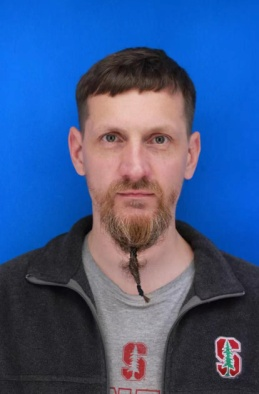
Nikolay Petrov graduated from Saint-Petersburg State University in (2007) and got a Ph.D. degree in optics from the ITMO University, St. Petersburg, Russia. Since 2016 he established a digital and display holography laboratory and in 2019 he gained a doctorate (Dr. habil.) degree in optics and became OSA Senior Member. His research interests are currently focused on imaging, ultrafast optics, and terahertz technologies. Dr. Petrov was the recipient of the Russian Federation Government Prize in Education and other prizes, such as Yu. I. Ostrovsky Prizes; St. Petersburg Government Prizes, and Yu.N. Denisyuk medal. He has co-authored more than 170 publications.
Prof. Dmitry Krasnikov, Skoltech, Russia
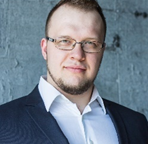
Dmitry Krasnikov graduated from Novosibirsk State University (2012) and received his doctorate in (2016) . Since 2017, he has been working at Skoltech. Currently, he is an Assistant Professor at the Center for Photonic Science and Engineering in Skoltech and his research interest center around nanoparticle synthesis and their various applications. He is a specialist in the field of physical chemistry, aerosol science, and catalysis. He currently has an H-index of 27, more than 100 published works, 2 books, and 6 patents. His teaching experience covers the applied physics of aerosol science, synthesis of carbon materials and kinetics. He has been distinguished with various awards; the Alferov award, RF President stipend, and European Council of Catalysis to name a few.
Dr. Maria G. Burdanova, MIPT, Russia

Maria G. Burdanova received her Ph.D. degree in Physics from the University of Warwick, England, and M.Sc. and B.Sc. degrees in Physics from Bauman Moscow State Technical University, Russia. Currently, she is a senior researcher at the Center for Photonics and 2D Materials, and Associate professor at the Department of Physics and Technology of Nanostructures, Moscow Institute of Physics and Technology, Russia. Her research interests focus on THz science of carbon nanotubes, heteronanotubes, hybrid nanomaterials, Mxenes, and their optoelectronic applications.







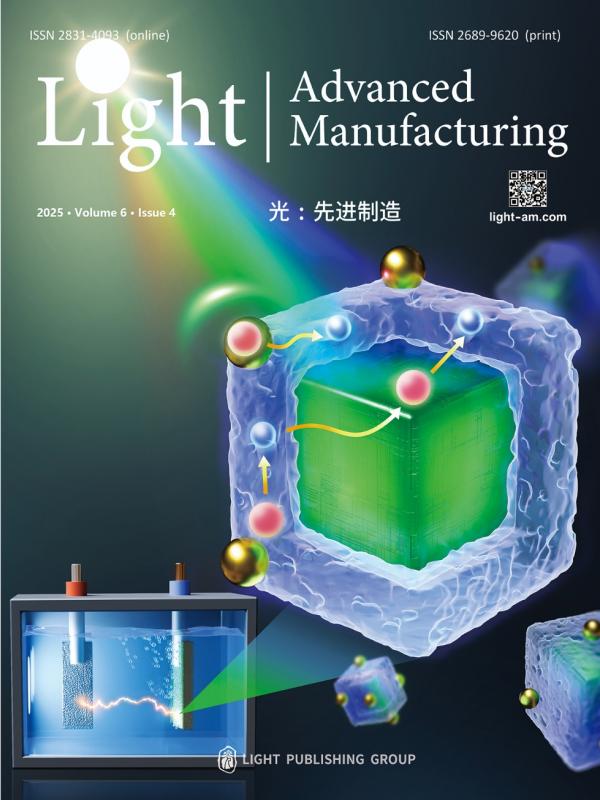

 Email
Email RSS
RSS